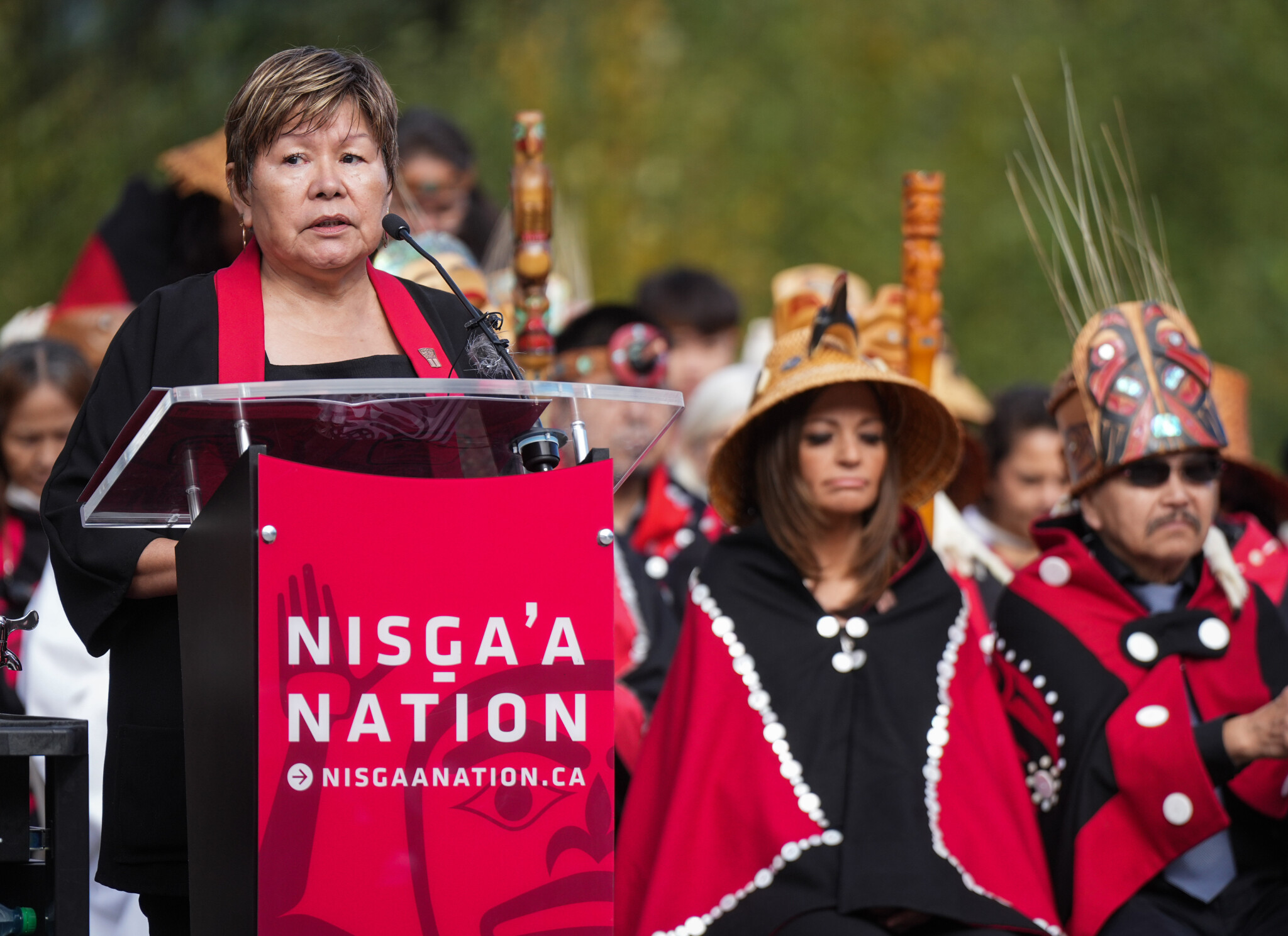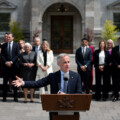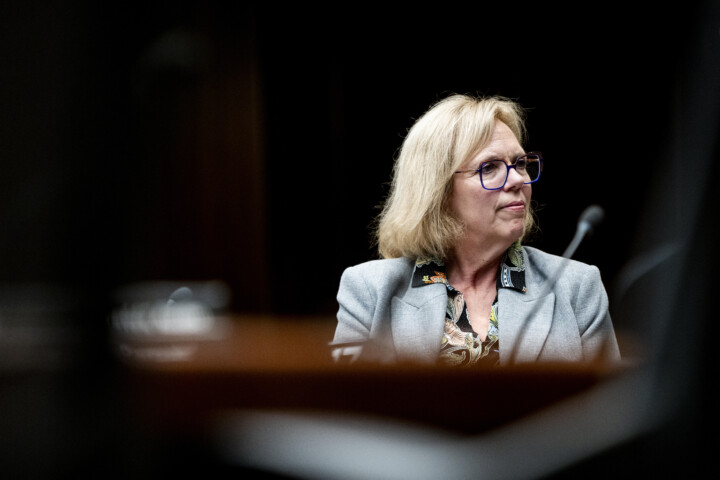When Prime Minister Mark Carney unveiled the first five projects on Ottawa’s new fast-track list, headlines called it a major achievement driven by the prime minister’s leadership. While it was the Carney government’s decision to implement an accelerated approvals process, the reality is these projects are not Ottawa’s achievement.
In fact, they are the result of focus and commitment by First Nations and industry who put in the work: identifying shared interests and building trust over the course of many years. Such partnerships lower risk, thereby attracting investors and boosting a project’s long-term likelihood of success.
So, here’s the key takeaway: Canada’s economic future doesn’t hinge on flashy policy or new offices in Ottawa. It rests on whether trust between First Nations and industry exists on the ground. It’s that simple: Where trust lives, projects move. Without it, projects stall—or worse yet—fail completely. The Liberal government—which has been busy setting up new advisory councils in Ottawa—should keep this reality in mind when considering its strategy for getting projects built.
Just a day after Carney’s announcement came the news that the Nisga’a Nation’s Ksi Lisims LNG project had been approved by both British Columbia and Ottawa. This initiative to build a liquified natural gas export facility—which is not one of the five projects on Carney’s fast-track list—highlights what it really takes to move projects forward.
The speed of this approval was not a gift from Ottawa. It was the product of years of preparatory work between the Nisga’a and their partners—Rockies LNG Limited Partnership and Western LNG—producing a joint project that governments could then quickly endorse.
Even still, the project comes with its challenges. Four of Nisga’a’s six neighbouring First Nations have long opposed it. The central concerns tabled by the dissenting Nations are protection of the Nass River’s salmon, climate targets, Indigenous rights, and a lack of free, prior, and informed consent. For example, the Union of British Columbia Indian Chiefs (UBCIC) has stated that its council “reject[s] any process that tramples our inherent and constitutionally protected title and rights, ignores free, prior and informed consent, and sacrifices the climate for foreign corporate profits.”
These kinds of tensions are now par for the Canadian resource development course.
A growing number of First Nations see business partnerships with industry as an opportunity to uphold economic and environmental interests. But many others still see development as nothing more than a cause of environmental harms and infringement on their constitutionally-protected rights.









